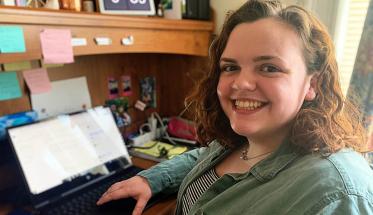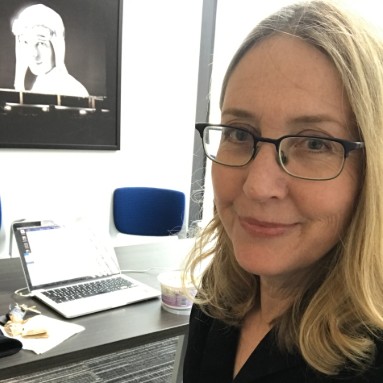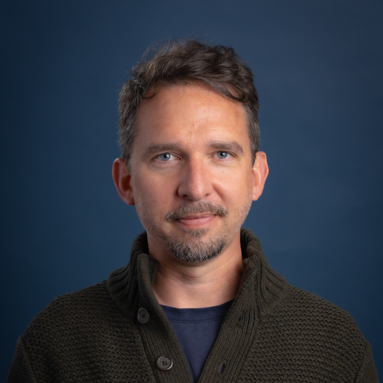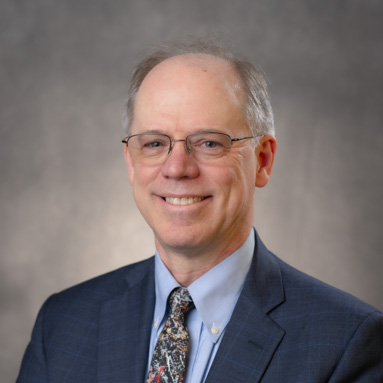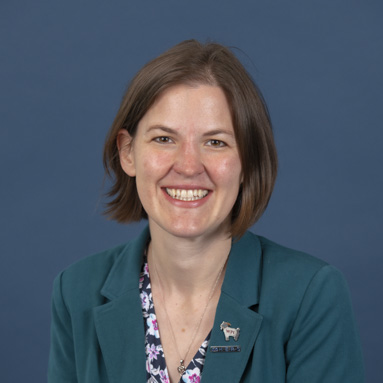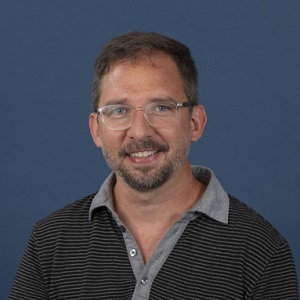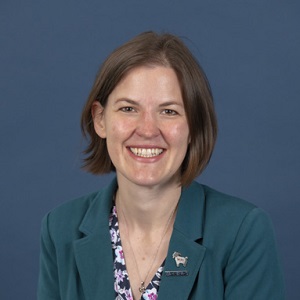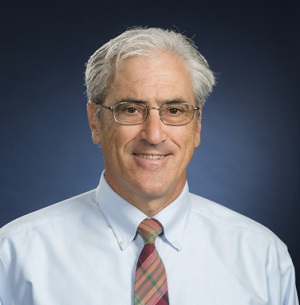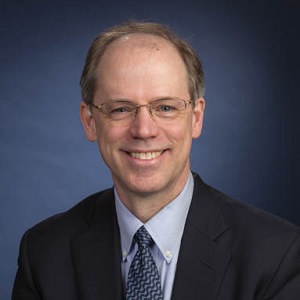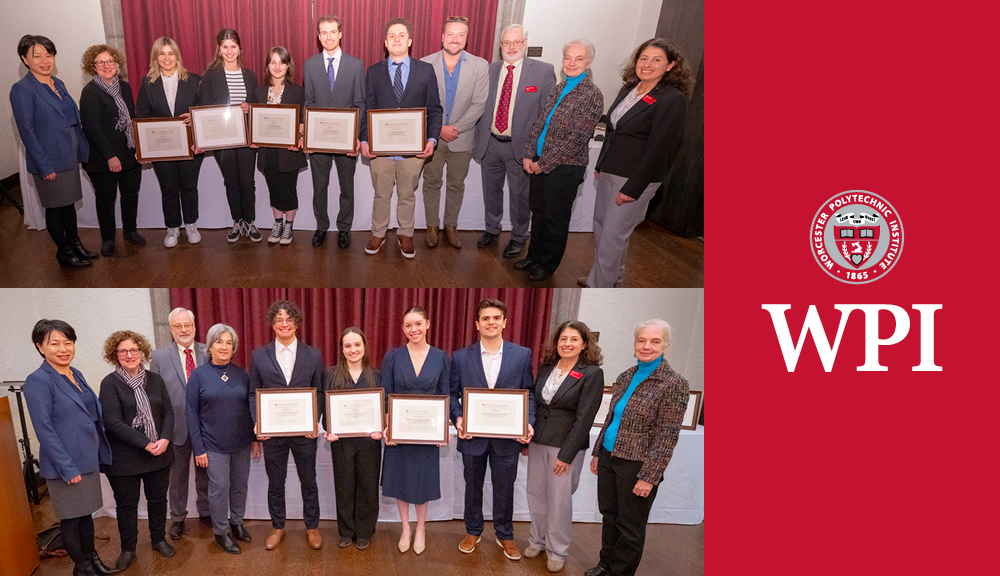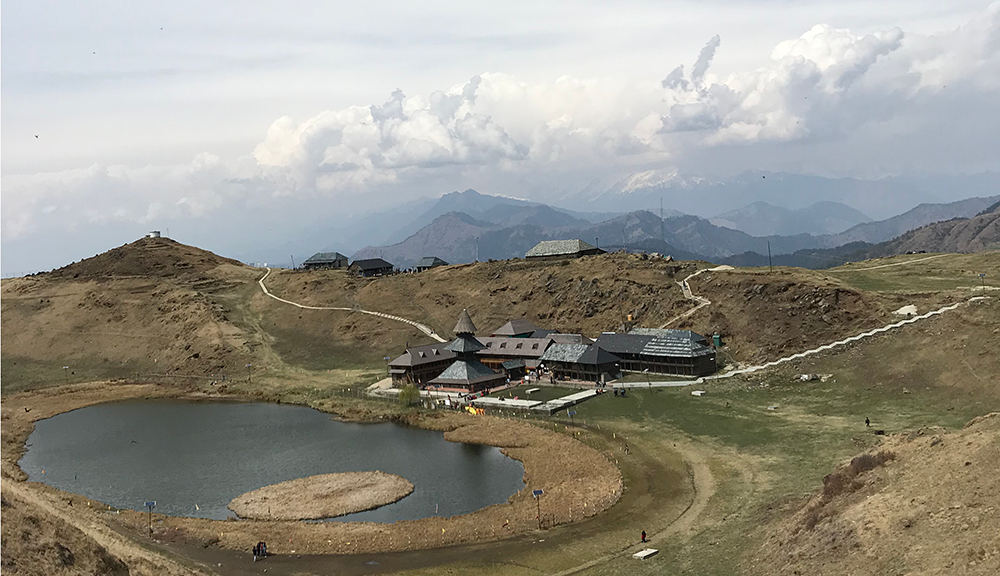Emilia Perez considers herself a positive person, but when the WPI junior learned in March that her long-anticipated spring trip to India for an Interactive Qualifying Project (IQP) had been cancelled along with all university travel because of the COVID-19 pandemic, she felt a loss.
“India is just so wildly different from the culture here,” said Perez, an environmental engineering major who had been scheduled to study ecotourism opportunities in India. “I’ve never been to Asia, never been to India. Of course, I can go another time. But the project aspect of it—meeting people and interviewing people—I am very aware that I have lost that experience.”
She’s not the only one. About 280 WPI students and their advisers who had been scheduled to depart for offshore projects centers in early March were instead told to scuttle their plans as public health authorities raised alarms about a novel coronavirus spreading worldwide. Then as the student teams regrouped to work on campus, WPI—along with universities across the country—closed nearly all campus operations.
Now, teams that would have been in South America, Europe, Africa, and Asia are scattered to their homes, working remotely. Some teams have adjusted their projects to move forward with few changes. Other teams have abandoned projects and adopted new ones. And some teams have disbanded and regrouped with other members to work on new projects.
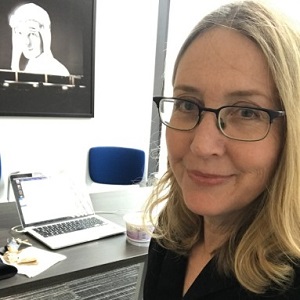
Ingrid Shockey, director of the India Project Center, who had planned to accompany 22 students to the Himalayan foothills community of Mandi, feared students unable to travel would feel despondent. Instead, she said, she’s seeing something else: students demonstrating flexibility and resiliency.
“They’re interested in what’s possible,” Shockey said. “We’re at the point now, instead of saying, ‘What have we lost?’ we’re saying, ‘What can we still do?’ ”
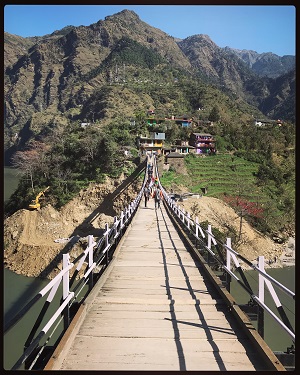
Aiming to Solve Problems
Project-based learning is the cornerstone of a WPI education, and for many WPI undergraduates, junior-year travel to a foreign project center for an IQP is a highlight of the WPI experience.
The projects are typically designed by WPI global project center directors in collaboration with foreign sponsors—such as universities, government agencies, and nonprofit organizations—and aim to solve a problem at the intersection of science and society. Students express their interests and are assigned to teams.
All students who had been scheduled for spring IQPs had recently completed seven weeks of preparation when they learned they could not go. In the scramble that followed, some students and advisors found ways to carry on with planned projects.

Alex Harrigan, an aerospace engineering major from York, Maine, had been scheduled to go to the Berlin Project Center with a team assigned to assist the Leibniz-Institute of Freshwater Ecology and Inland Fisheries with better integration of open-source software practices. The student team had planned to interview the institute’s staff in person but is now communicating with the German staffers, who are also staying home, through email and video conferences.
“There are going to be technical hiccups with having to deal with that many online interviews, but it’s definitely a relief being able to just continue with a lot of the work we had previously planned,” said Harrigan.
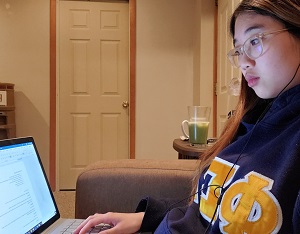
Veronica Gurnawan, a computer science major from Jefferson, New Jersey, had also been scheduled to travel to the Berlin Project Center. Her team lucked out, she said, and went forward with its project to create an app for ORAM, the Organization for Refuge, Asylum, and Migration, that could be used by LGBTQ+ refugees.
Now Gurnawan and her teammates use Jira project management software to collaborate on the work and communicate over another platform, Discord.
“It’s not ideal that we can’t see each other face to face, but we’ve been doing a lot of conferencing, we have a meeting every single morning, and then we check in at the end of the workday,” Gurnawan said. “We have daily goals, and we have weekly goals, and we communicate with our advisor and with our sponsors pretty much every single day. I think this will be a good term.”
